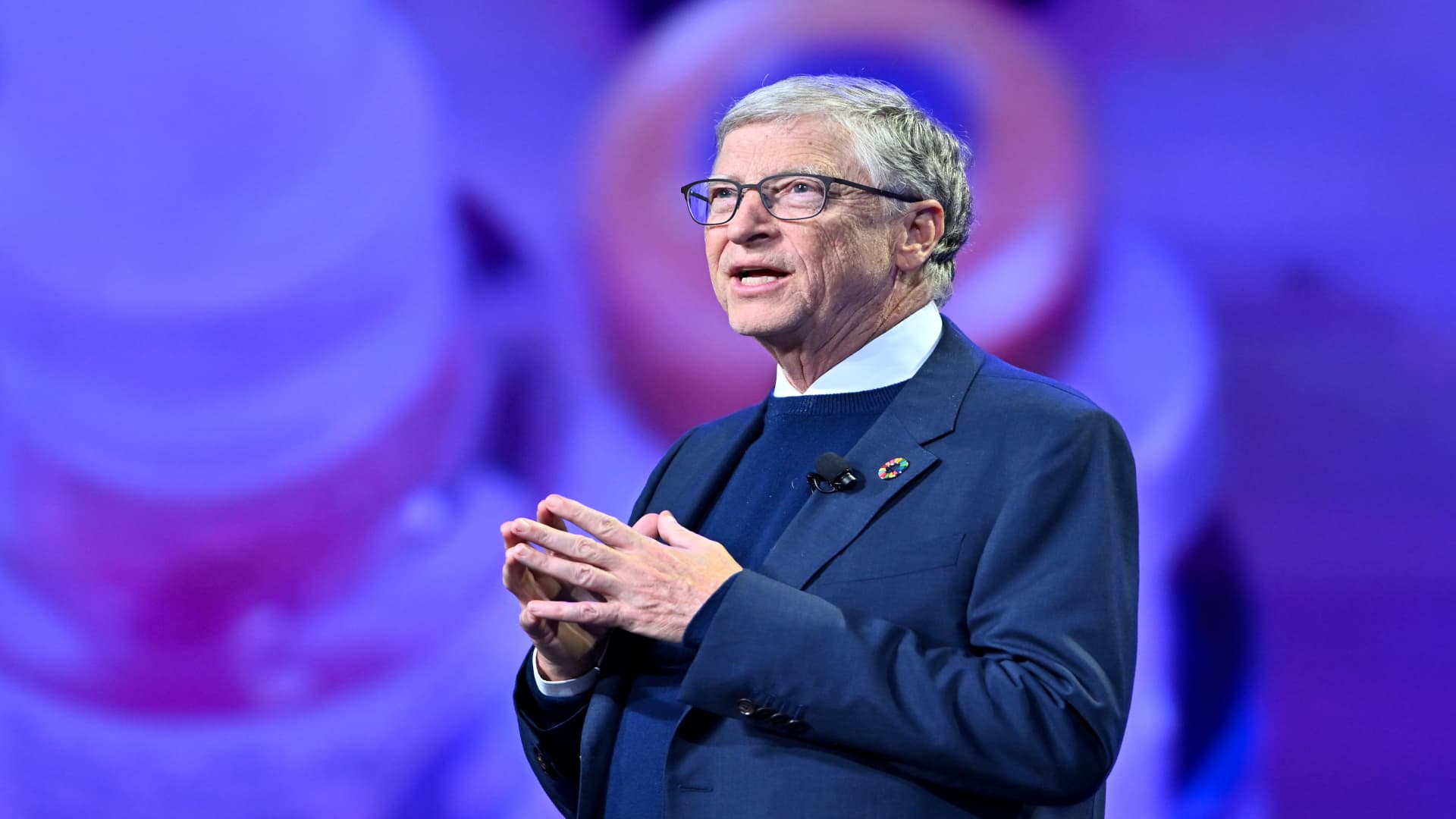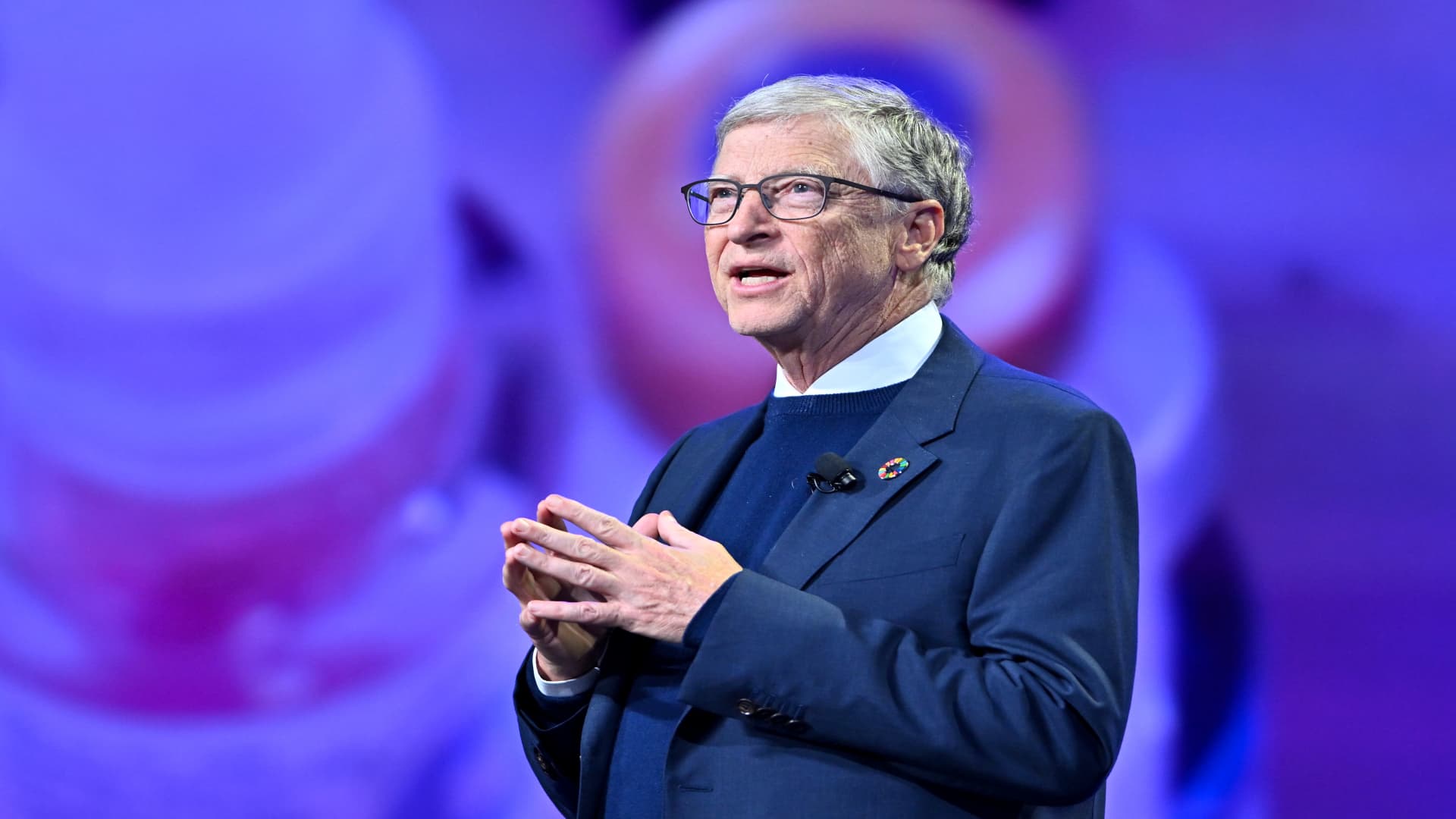The Untapped Power of Curiosity: Beyond IQ in Highly Intelligent People
Introduction: The Curiosity Quotient
Intelligence has long been measured by IQ scores, but recent research suggests that curiosity might be the true driver of intellectual prowess. Highly intelligent individuals, from historical figures like Leonardo da Vinci to modern innovators like Bill Gates, share a common trait: an insatiable curiosity. This curiosity is not merely a passing interest but a deep-seated drive to explore, question, and understand the world. Neuroscientist Dr. Tara Swart emphasizes that this relentless pursuit of knowledge is what truly separates the intellectually exceptional from the merely bright.
The Curiosity Quotient: A New Measure of Intelligence?
IQ tests, while useful, often fail to capture the dynamic and multifaceted nature of intelligence. They measure logical reasoning, spatial awareness, and other cognitive abilities but overlook the critical element of curiosity. Highly intelligent individuals excel not just in problem-solving but in their ability to connect disparate ideas, identify patterns, and develop innovative solutions. This is driven by a constant questioning and exploration of the world around them.
Leonardo da Vinci, for instance, was celebrated not only for his artistic genius but also for his boundless curiosity. His notebooks are filled with sketches, observations, and questions that reveal a mind constantly seeking to understand the underlying principles of the world. This relentless pursuit of knowledge, far beyond the confines of any formal education, is a hallmark of his intelligence.
Embracing the Unfamiliar: Stepping Outside the Comfort Zone
Curiosity is not just about acquiring information; it’s about a willingness to engage with the unfamiliar and uncomfortable. Highly intelligent people actively seek out new experiences, ideas, and perspectives, venturing far beyond their comfort zones. This openness to novelty allows them to challenge their own assumptions, consider alternative viewpoints, and ultimately develop a more nuanced understanding of the world.
Steve Jobs, the visionary co-founder of Apple, understood the importance of embracing the unfamiliar. His advice to those looking to maximize their intellectual potential wasn’t about memorizing facts or mastering specific skills; it was about cultivating a mindset of continuous exploration and a willingness to question everything. This spirit of inquiry fueled his relentless pursuit of innovation and his ability to see possibilities where others saw limitations.
Beyond Rote Memorization: The Power of Active Learning
Traditional educational systems often prioritize rote memorization and the ability to recall information, which can stifle curiosity and discourage independent thinking. Highly intelligent individuals, however, are active learners who take a proactive role in their own education. They don’t simply passively absorb information; they question, analyze, and synthesize it, integrating it into their existing framework of knowledge. This active engagement with learning not only enhances their understanding but also fosters a deeper appreciation for the subject matter.
Bill Gates, known for his voracious reading habits and his commitment to lifelong learning, exemplifies this active approach. He doesn’t just read books; he immerses himself in them, engaging with the ideas, challenging the arguments, and drawing connections to his own experiences. This active approach to learning has allowed him to stay at the forefront of technological innovation and to contribute meaningfully to a wide range of global issues.
The Interplay of Curiosity and Cognitive Abilities
While curiosity may be the driving force behind intellectual growth, it’s important to recognize that it operates in concert with other cognitive abilities. Highly intelligent people often possess strong working memory, allowing them to hold and manipulate information effectively. They also exhibit excellent pattern recognition skills, enabling them to identify relationships and connections that others might miss. Furthermore, they tend to be adept at problem-solving, able to approach challenges from multiple angles and develop creative solutions. Curiosity fuels the desire to explore, while these other cognitive abilities provide the tools and skills necessary to navigate the complexities of the world.
The Misconception of Genius: Beyond High IQ
It’s a common misconception that high intelligence is synonymous with genius. However, a crucial conclusion from Lewis Terman’s groundbreaking study of gifted children is that having a high IQ is not a guarantee of exceptional achievement. While a certain level of cognitive ability is undoubtedly necessary, it’s the combination of intelligence with other factors, such as creativity, perseverance, and, most importantly, curiosity, that truly distinguishes geniuses from the rest of the population.
Figures like da Vinci, Gates, and Jobs were not simply blessed with extraordinary IQs; they cultivated a mindset of relentless curiosity that propelled them to explore new frontiers, challenge conventional wisdom, and create lasting legacies. Their intelligence was not a static attribute but a dynamic process, constantly evolving and expanding through their insatiable thirst for knowledge.
Nurturing Curiosity: A Lifelong Pursuit
The good news is that curiosity is not a fixed trait; it can be nurtured and cultivated throughout life. By fostering a mindset of inquiry, embracing new experiences, and challenging our own assumptions, we can unlock our intellectual potential and embark on a journey of continuous learning and discovery.
The Enduring Power of “Why?”
In a world that often prioritizes answers over questions, it’s crucial to remember the enduring power of “Why?” The ability to ask insightful questions, to challenge the status quo, and to relentlessly pursue knowledge is not just a sign of intelligence; it’s the engine of progress. By cultivating our own curiosity and encouraging it in others, we can unlock a world of possibilities and pave the way for a more innovative and enlightened future. It is the persistent “why” that separates the brilliant from the bright, the innovators from the imitators, and leaves an indelible mark on the tapestry of human progress.












